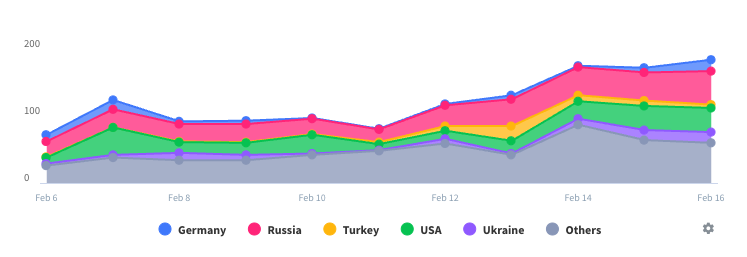Apple violation
The key Apple violation point in this privacy policy is related to the collection and use of personal information without explicit user consent or proper disclosure. Apple's App Store guidelines and privacy policies require developers to obtain user consent for the collection, use, and sharing of personal information. In this case, the privacy policy states that Facey does not collect any personal data, but it mentions the collection of device identifiers, MAC addresses, IMEI numbers, and location information for advertising tracking purposes. This may be considered a violation of Apple's guidelines if users are not properly informed or given the option to opt out of such tracking. Furthermore, the policy mentions the potential sharing of user information with third-party service providers who may have access to personal data for implementing services under their respective privacy policies. If users' personal information is shared with third parties without their explicit consent or proper disclosure, it could also be considered a violation of Apple's privacy policies. The key danger point regarding privacy and media files in this privacy policy is the potential collection and storage of personal information, including media files, by third-party tracking tools used by Facey's service providers. While the policy explicitly states that Facey does not collect personal data or face data, it mentions that third parties may access information such as device identifiers, MAC addresses, IMEI numbers, and location information for the purpose of implementing services provided under their respective privacy policies. This poses a risk to users' privacy as third-party tracking tools may have different privacy policies and practices than Facey. Users' media files could potentially be accessed or analyzed by these third parties without their consent, leading to privacy concerns and the potential misuse of personal information. Additionally, the policy mentions the international transfer of users' information to servers located in countries like the People's Republic of China, where data protection laws may differ from those in the users' own jurisdiction. This raises concerns about the security and protection of users' personal information, including media files, when transferred to jurisdictions with potentially weaker data protection regulations.
















